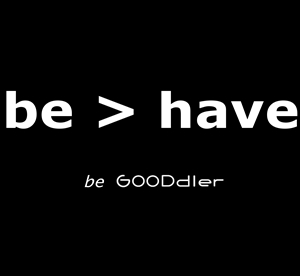
The term “social entrepreneurship” has become a very popular one in recent years. It has been used by many and in most cases describes an organization or a person that combines business-like activities with a social mission.
What is the difference between entrepreneurship and social entrepreneurship?
The word “entrepreneur” was first used in French economics as early as the 17th century and defines an individual who stimulates economic progress by finding new ways of doing things and creates value. Jean Baptiste Say and Joseph Schumpeter are the two economists who are closely associated with the definition of entrepreneurs as the catalysts and innovators.
Peter Drucker, a contemporary management consultant introduced a notion of an opportunity, as in an ability to create value, to the original definition of Say and Schumpeter. He comments, “Not every new small business is entrepreneurial or represents entrepreneurship.” In one of his works he explains that entrepreneurship doesn’t have to have profit as a goal, but it has to be innovative or change-oriented.
Howard Stevenson, a theorist of entrepreneurship at Harvard Business School added yet another meaning to the now Say-Schumpeter-Decker definition. Resourcefulness.
With that in mind, we get a definition that describes a specific kind of behavior and a mindset.
Social entrepreneurs add a social mission to the center of their entrepreneurial activities. It is not wealth creation but mission related impact is what guides their work. Creating wealth is looked at as a means to a social end, not the end itself.
Who are social entrepreneurs?
J.Gregory Dees, a scholar, who is considered to be a father of social entrepreneurship defines social entrepreneurs as follows:
Social entrepreneurs play the role of change agents in the social sector, by:
• Adopting a mission to create and sustain social value (not just private value),
• Recognizing and relentlessly pursuing new opportunities to serve that mission,
• Engaging in a process of continuous innovation, adaptation, and learning,
• Acting boldly without being limited by resources currently in hand, and
• Exhibiting heightened accountability to the constituencies served and for the outcomes created.
There are many people in the world right now who can fit the description, let us introduce you to a couple of them.
Brian Baum, a co-founder of Prizeo. He found a creative way to engage our desire to meet celebrities with a power of technology to help charities in their fundraising efforts. He co-founded Prizeo to help nonprofits leverage technology and social media. Prizeo raffles off once-in-a-lifetime prizes—an internship with Snoop, a day at the studio with Justin Bieber—that raise funds for charities. Since launching in May it helped nonprofits to raise $3 mln dollars.
Or Karan Chopra, who grew up in Ghana and who is now helping the nation’s poorest farmers reap highest profits. He co-founded GADCO, a largest producer of rice in the country right now. The company provides farmers with high quality fertilizers and seeds, buys their crops and sells them in a global supply chain. His vision and a company’s strategic objective is to scale its model across 8 countries.
(Based on “The meaning of Social Entrepreneurship” by Professor Gregory Dees)
Publish date: May 19, 2014


